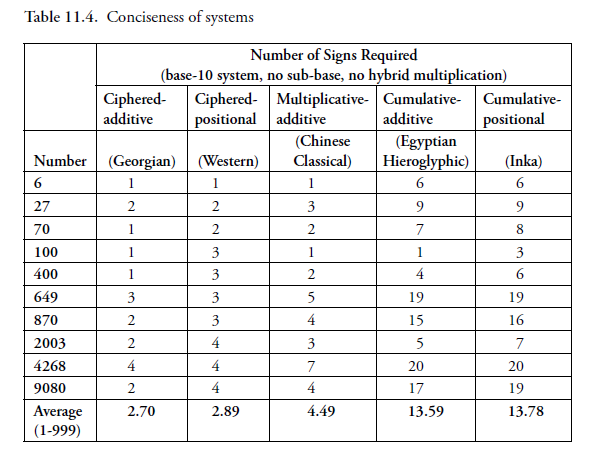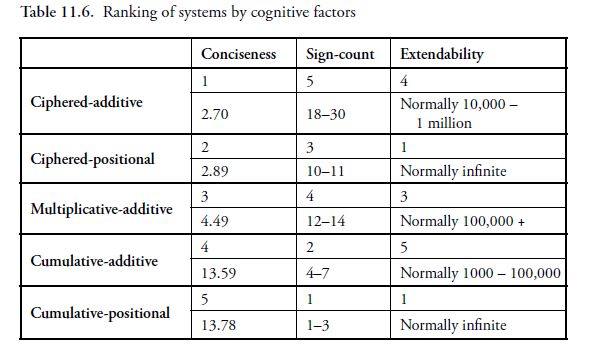I vaguely remember reading somewhere that one of the reasons that the Romans failed to make any mathematical achievements is that their number system is illogical and does not lend itself to trivial observations that the Arabic (or Indian) numeral system allows.
Similarly, the increasing compactness of modern mathematical notation allows increasingly complex thoughts to be written down and processed with much greater ease (the only downside being the increased required background knowledge to understand the notation).
I also remember reading somewhere that the reduction of Maxwell's 20 differential equations to 4 has greatly improved physicists ability to think, so much so that even a physics grad student today is able to have complex thoughts that even Newton was not capable of having, purely due to compactness of notation.
Actually, I think the source said that the reduced set of equations emphasized the parameters that physicists normally cared about - I forgot exactly what it said.
Are there any studies or books on this? I've been searching and trying to find the sources where I got these informations from but to no avail.


